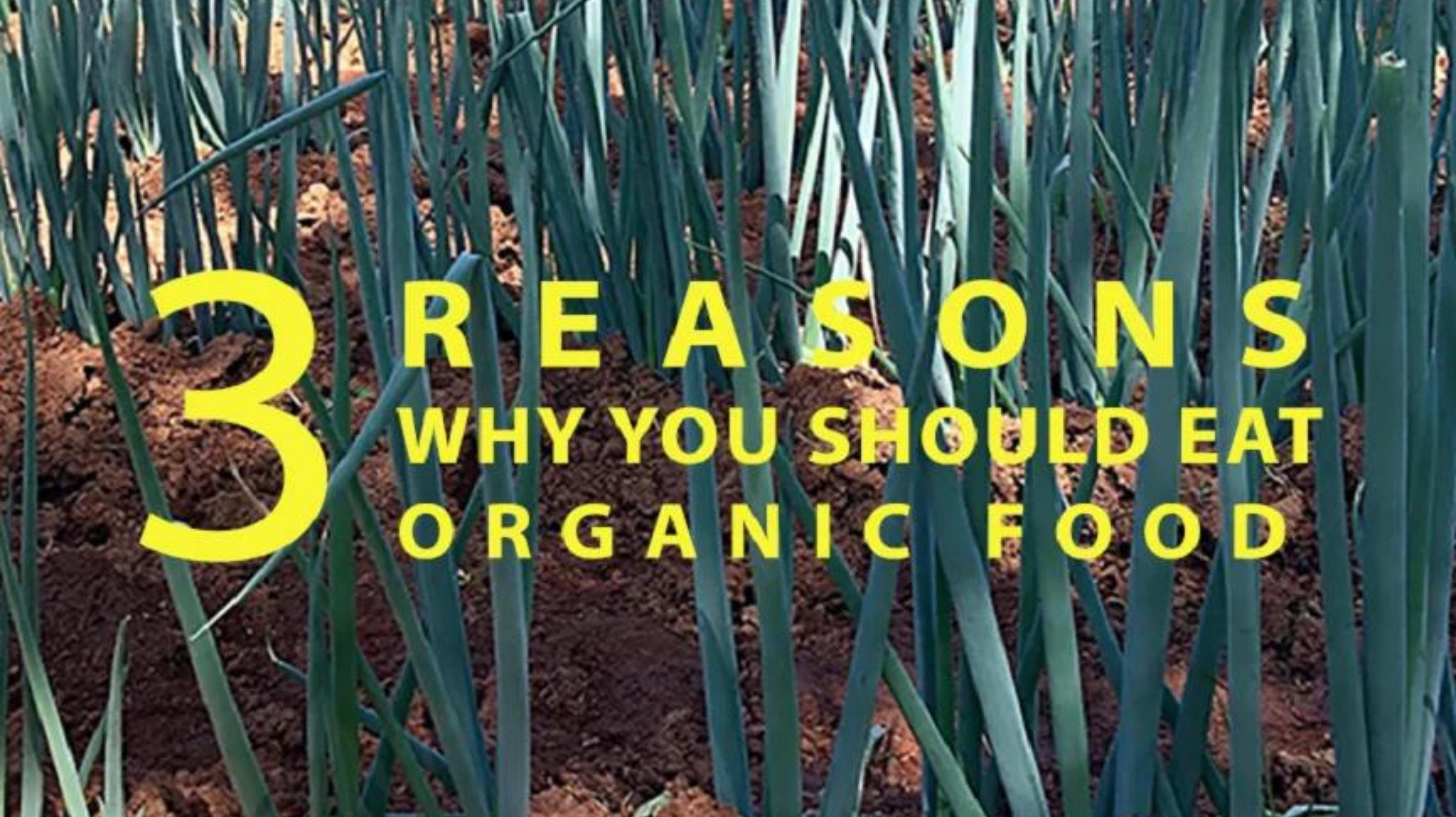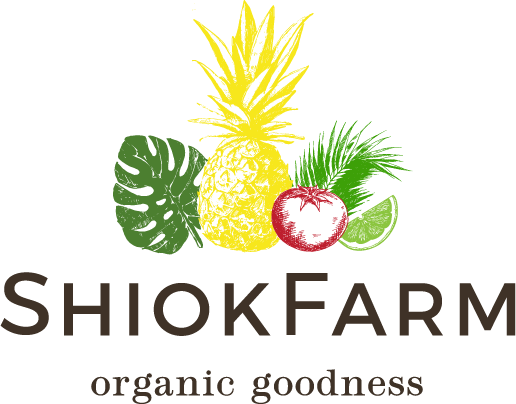
You Are What You Eat: 3 Reasons to Eat Organic
You Are What You Eat: 3 Reasons to Eat Organic
We need to eat throughout the day to fuel our bodies and our minds. Choosing fresh and healthy food is common sense, but can going organic boost your wellbeing even further? Here are 3 great reasons to make the switch.
- It’s healthier
Organic farming avoids the use of chemicals and pesticides and uses biological cycles and ecosystem management to produce food instead. This matters because the build-up of pesticides in our bodies (especially in vulnerable groups such as young children, pregnant women and the elderly) can cause developmental, hormonal and neurological problems. Two recent studies have linked an organic diet to improved fertility and birth outcomes.
But that’s not all. A 2014 British Journal of Nutrition study found that organically produced fruit and veg contains 20-40% higher levels of antioxidants, important compounds that protect cells from cancer and ageing.
- It tastes better
As well as enhanced health benefits, the BJN study also found that the increased level of antioxidants bumped up organoleptic qualities—taste, aroma, and mouthfeel—making organic fruits and vegetables more flavourful all round.
Freshness also impacts taste. Conventional farming uses a whole host of preservatives to make produce last longer and travel further. Crops are often picked early and ripened with chemicals as they travel across the globe. At ShiokFarm, the majority of our products are freshly harvested in the nearby region (Singapore, Malaysia or Thailand). However, some items only grow in non-tropical climates and are sourced from outside of SEA. In this case, we carefully select our growing and logistics partners to ensure maximum freshness.
- It’s good for the environment
Organic farming practices reduce pollution, conserve water, reduce soil erosion, increase soil fertility and use less energy. This means less chemicals end up in our waterways, air, soil and, ultimately, our bodies. It also makes for a friendlier environment for wildlife to thrive, encouraging the biodiversity that is fundamental to sustainable agriculture and the battle against climate change.

Leave a Reply